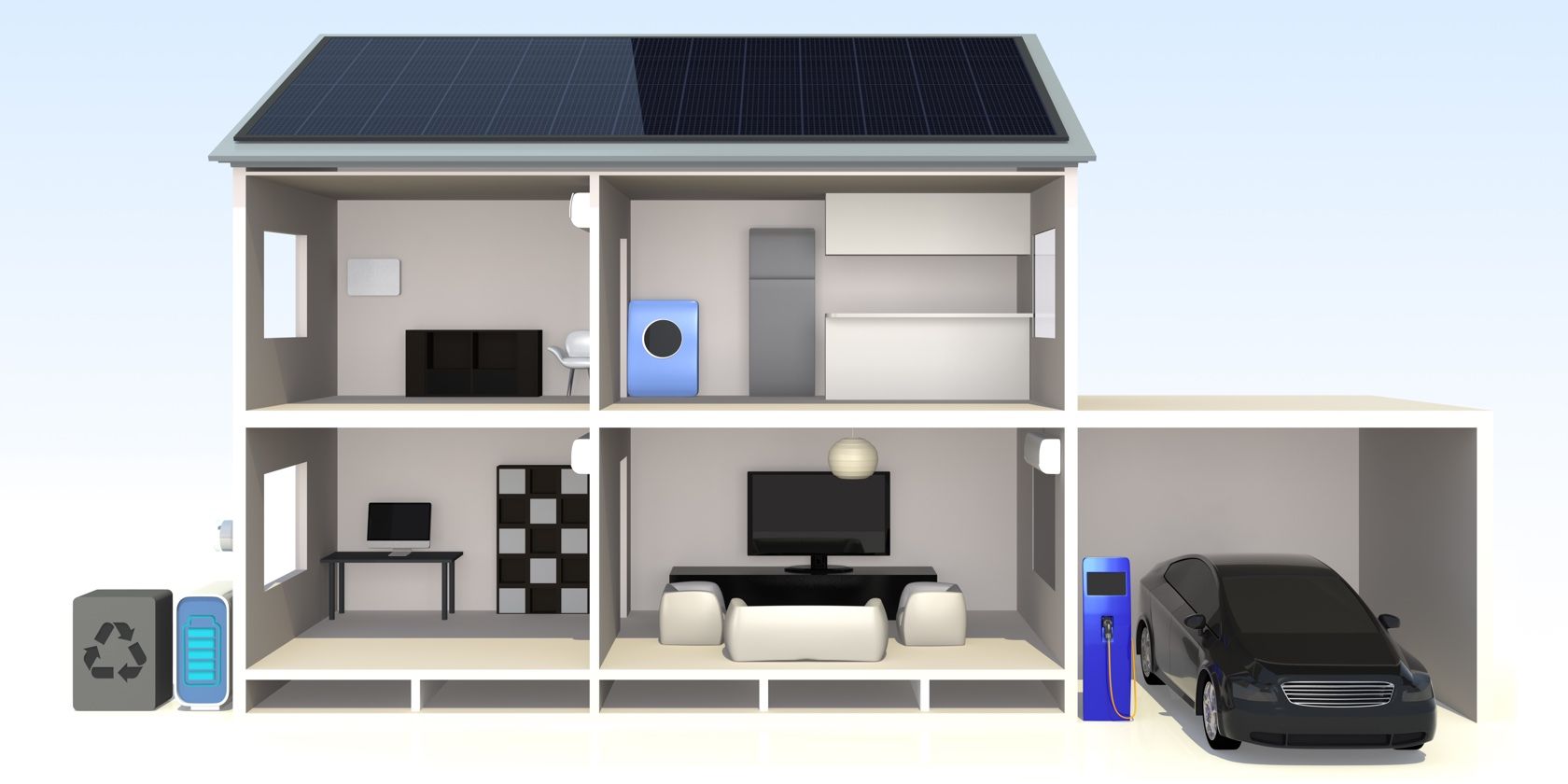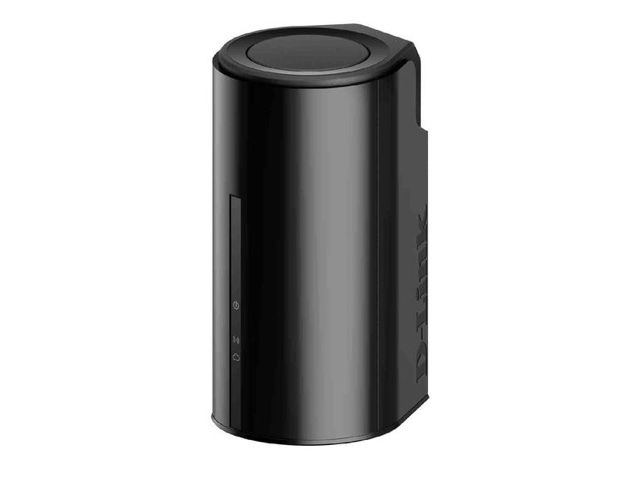Most of us have found our lives rapidly infiltrated by new electronic devices over the last decade. First came MP3 players, then smartphones, then tablets, and now wearable devices are coming into their own. Computers remain, too, and home appliances like light bulbs and thermostats are now available with wireless connectivity.
While each individual piece of this technological puzzle promises to make life easier the disjointed collection of devices can become confusing in a different way. The solution is a "smart hub" – a master device that can connect with everything else in your house. It's a great idea, but also in its infancy. What's available now - and what might be available tomorrow?
Basic Smart Hubs
When smart hubs first arrived several years ago they were fairly limited in what they could do. Most were able to connect only to a limited number of devices and allowed control via a mobile app. Timers and alarms could be set, but the dream of having a home that responds to you when you wake or detects when you're home (or not) wasn't yet obtainable.
Some hubs are still stuck in this era, but that might not be so bad if you have basic needs. Office superstore Staples offer its Connect home hub, which works with a wide variety of devices and can be controlled through a simple (albeit rather ugly) smartphone app, which runs on iOS and Android. While its feature set is rudimentary, reviewers have praised the Staples Connect for its easy setup and affordable pricing.
Of course, Staples isn't the only one in this game. Everyone wants to offer a home hub these days. Lowe's Iris [Broken URL Removed] is simple and offers both battery and cellular data backups, which means it works if your home loses power and Internet service. Home Depot is promoting the Wink, a bargain hub priced at just $49.99. And smart lighting maker Insteon sells the predictably named Insteon Hub for $129.
These hubs are a good solution for people who want to achieve a specific end, such as rigging a home with smart lighting or setting up an easy home security system. Users interested in expanding their systems in the future, however, may not be happy. While manufacturers might update these systems to be more sophisticated in the future they are, for now, a step behind the cutting edge.
Conditional Smart Hubs
The basic smart hubs really aren't smart at all. They simply serve as a smartphone compatible interface layer between you and your devices. For real "smart" behavior you need a hub that supports conditional behavior.
What is conditional behavior? It's the ability to change how devices work based on specific events (i.e. conditions) that the system itself detects. This marks the difference between a hub that simply turns on your heater automatically at 6PM each night, and one that only turns on your heater when it detects you've walked through the front door.
Nest, which is now owned by Google, is probably the most well-known conditional hub currently available. Originally a smart thermostat, Nest has expanded with a smoke alarm and now offers compatibility with a variety of other devices. It also works with If This Then That, a service which allows users create conditional "recipes" that spans a huge range of apps and products from Google Drive to Philips Hue bulbs. Nest is a thermostat that's also a smart hub, though – and it's quite pricey at $249. It's not a good choice for people in apartments (who often can't change their thermostat) or enthusiasts on a budget.
A most affordable and simpler alternative is SmartThings, a crowd funding success story that's become a big name in home automation (and is now owned by Samsung). The company offers a $99 hub and supports control of numerous devices through its smartphone app. What really makes this option notable, though, is how it was built for conditional events from the very start. The phone app for the hub supports conditional events and users can also connect with services via IFTTT. Owners can expand the system's capabilities through various first-party sensors that quickly and easily connect to the hub. You can buy a door sensor, for example, that uses an accelerometer to determine when you've arrived home.
The newest entry in this field is Logitech's Harmony Home Hub, a $99 device that's a part of the company's larger Harmony home entertainment system. Logitech wants to marry their existing expertise in home theatre (an area where Nest and SmartThings are weak) with home automation – to create to create the ultimate home hub. The Home Hub works with a smartphone app and has IFTTT support, but is weakened by lack of support for ZigBee and Z-Wave, a pair of connection standards. Device support is a bit limited as a result. Reviews indicate Logitech's approach works very well if you have a fancy home theater to pair with it.
Conditional hubs are complex and tend to be expensive. Even IFTTT can be difficult for new users to understand despite its intuitive interface. Owners must buy and place sensors, which means spending more time and money. If you want a smart hub that can be expanded in the future, however, a conditional hub is the way to go.
What Will The Future Bring?
Amazon recently announced Echo – a voice-controlled home assistant – and surprised critics with what it doesn't do as much as with what it does. The small cylindrical device can respond to voice questions, keep track of calendar events and update shopping lists (on Amazon, of course), but it apparently doesn't connect with smart home systems.
Echo could be expanded to do that, however, and it's not the only device with that capability. Microsoft's Xbox One and Sony's PlayStation 4 both have the ability to detect voice commands and could in theory be expanded into the smart hub field with a software update. Media hubs like the Google Nexus Player also hold this potential.
Apple is another key player that many expect will jump into this segment. Its strong position in the smartphone and tablet markets, along with its upcoming Watch and its dated but still available Apple TV, give the company all the connections necessary to dive in. When that might happen is anyone's guess.
Still, it's clear that smart hubs have already moved past the start-up stage. Nest was purchased by Google; SmartThings was purchased by Samsung; and even the simplest hubs are backed by strong companies with interest in other areas. There's a war brewing over control of your home, but don't worry – the fight's victor will bring you greater convenience.
Do you have a home hub? Tell us about your experiences in the comments!
Image credit: Shutterstock/Chesky


